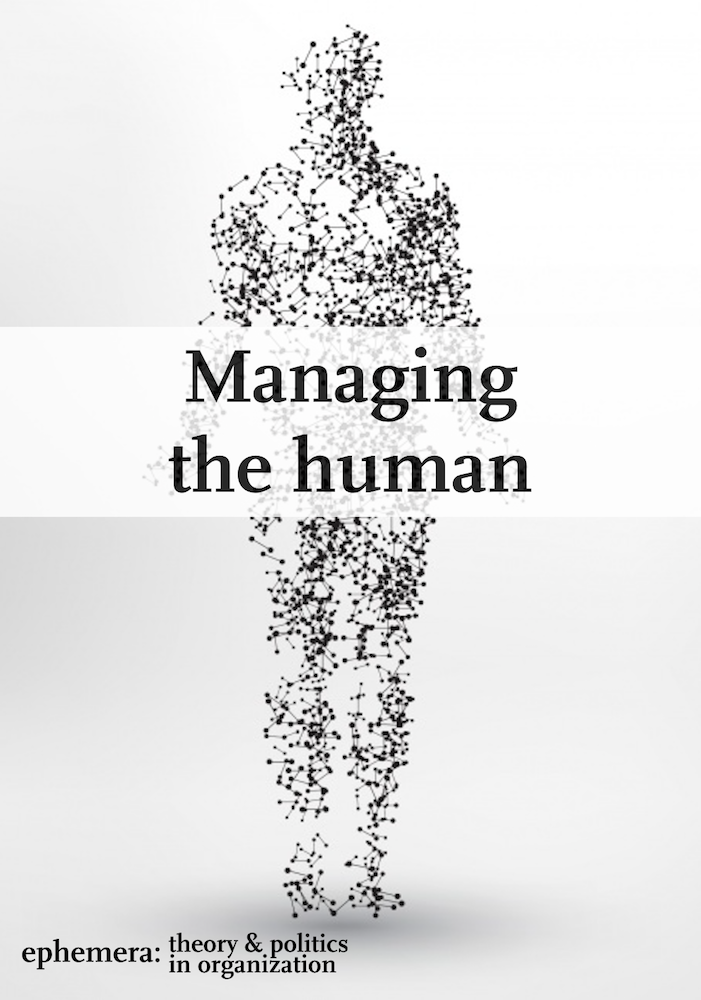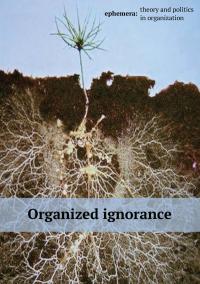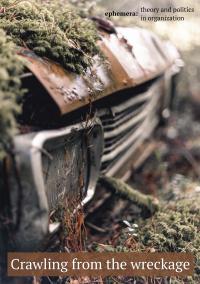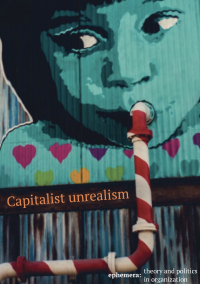Managing the human
HRM research has historically either been focused on the way HRM directly contributes to company profit and short-term organizational goal achievement (so-called Hard HRM), or on how HRM could contribute to creating long-term collaborative regimes (so-called Soft HRM) that develop the quality of working life and the long-term viability of the organization. In other words, HRM practices have traditionally departed from a managerial perspective, which leaves out other stakeholder interests than the management or owners. The purpose of this special issue is to discuss the performativity of HRM and investigate how it is possible to create a critical and engaged research agenda for studying the practices of managing the human. The special issue, therefore, focuses on how HRM scholars can stay critical and make an impact. Thus, we see HRM as a complex set of activities, which are always contested in the struggles, negotiations and sensemaking that go on between stakeholders within (and outside) organizations. Thus, the issue asks the questions: how can we achieve a more engaged and pragmatic approach to studying HRM? And how can we achieve a kind of HRM that is more democratic and fulfils a broader range of social stakeholders’ interests? This has a constructive critical performative potential, because it short-circuits the espoused purpose of HRM policies and opens up for the improvement of practices measured by their intentions. By doing this, the issue departs from a position of progressive pragmatism that supports the development of organizations, which work to a larger extent to benefit individual organizational members and the broader civil society.





